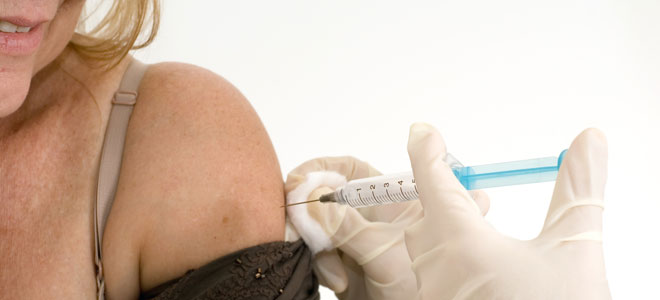This week Vaccination Week is being celebrated in Europe and America, with the aim of promoting access to vaccines for citizens due to the importance of this medication in the fight against multiple infectious diseases.
The medical development achieved with the implantation of vaccines is seen on many occasions in danger due to the carelessness of patients, misinformation and, in many cases, phobia of needles or belonephobia.

Belenophobia, fear of needles
Belenophobia is a disease caused by the irrational and extreme fear that needles produce in a person, as well as other types of sharp objects, such as pins or knives. Frequently, it is associated with other types of phobias, such as the fear of blood or suffering injuries.
This pathology can become a problem when it interferes with health issues, such as vaccination against certain diseases, tests or medication for diabetes.
Symptoms of belenophobia or fear of needles
The true phobia manifests itself when the person who suffers from it presents a picture of anxiety in situations that do not present a threat, such as a medical consultation or seeing someone handling a knife in the kitchen.
The access of fear can cause loss of consciousness, dizziness, nausea, vomiting and pale skin. It is a fairly frequent ailment, since 10% of the population suffers from it to different degrees.
Solutions against Belenophobia or fear of needles
- Many studies have tried to find remedies so that people with belenophobia can overcome their fears. According to research published in The American Journal of Maternal Child Nursing, children with belenobia reduced their anxiety levels by applying cold and vibration.
- The use of distraction measures towards the patient is also recommended, from questions and conversations from the health workers themselves to the use of a smartphone or music to reduce stress.
